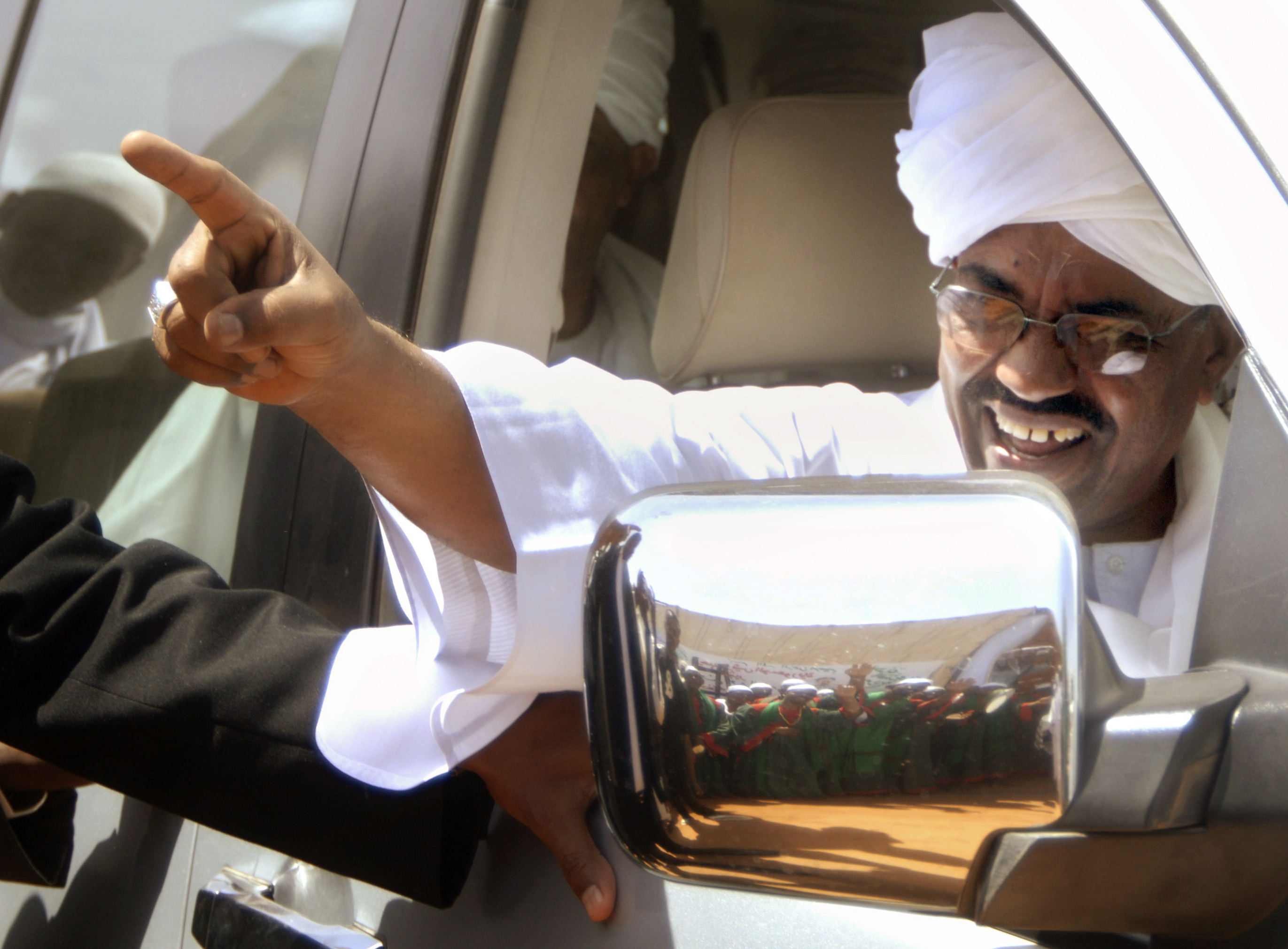
This week, President Omar al-Bashir of Sudan announced his intent to attend the United Nations General Assembly in New York next week. Yesterday, his mission requested permission for him to speak during the general debate. Most people reading the UN Headquarters Agreement seem to agree that the U.S. government is legally obliged to both issue President Bashir’s visa and facilitate his visit to the UN. We’ve faced this diplomatic bind before. Everyone remembers the firestorm sparked by former Iranian President Ahmadinejad’s controversial participation in these meetings. Refusing President Bashir a visa would require arguing that letting him into the country posed a national security threat, as the U.S. did in 1988 when rejecting Yassir Arafat’s visa application. Although the State Department could cite Presidential Study Directive – 10, which identifies atrocity prevention as a “core national security interest,” all in all, the constraints imposed by the treaty between the U.S. and the UN undoubtedly put our government in a difficult diplomatic position. U.S. Ambassador to the UN Samantha Power has not hidden her frustration, referring to Bashir’s request as “deplorable, cynical and hugely inappropriate.”
Although it might seem like restrictive international laws have created this problem, some activists see law as also offering the solution. In a letter released to President Obama yesterday, Sudan experts, human rights groups, and leading voices on genocide prevention, including George Clooney, Don Cheadle, and Omer Ismail and John Prendergast of the Enough Project suggest that the U.S. government threaten President Bashir with criminal prosecution. Citing the 2007 Genocide Accountability Act, the joint letter argues that the U.S. has jurisdiction over any genocidaire who is in the United States, even if their crimes were committed abroad. The 2007 law gives effect to the United States’ obligations as a party to the Convention on the Prevention and Punishment of the Crime of Genocide. That Convention makes it clear that those responsible for genocidal crimes should be punished “whether they are constitutionally responsible rulers, public officials or private individuals.” Under international law, President Bashir’s status as a head of state does not necessarily grant him immunity.
When asked about the Sudanese president’s travel plans, John Prendergast, Co-Founder of the Enough Project, said:
“If Bashir ends up coming to the U.S. despite the administration’s best efforts to convince him otherwise, all legal channels should be explored for prosecuting him under existing authority.”
It is troubling that Sudan’s president continues to travel around the world with impunity, notwithstanding a pending warrant for his arrest at the Hague. In addition to pressuring the Obama administration to take criminal action, human rights lawyers are also considering civil litigation to hold the Sudanese president accountable for his crimes. Notwithstanding the recent restrictions on extraterritorial jurisdiction imposed by the Supreme Court in Kiobel, these groups hope to serve him once he steps on U.S. soil.
President Bashir has not visited the United States since 2006 and is wanted by the International Criminal Court (ICC) on charges of genocide, war crimes, and crimes against humanity under warrants issued in 2009 and 2010. If he does end up attending the UNGA, it will be the first time that anyone who is wanted for genocide by the ICC has entered the country.

